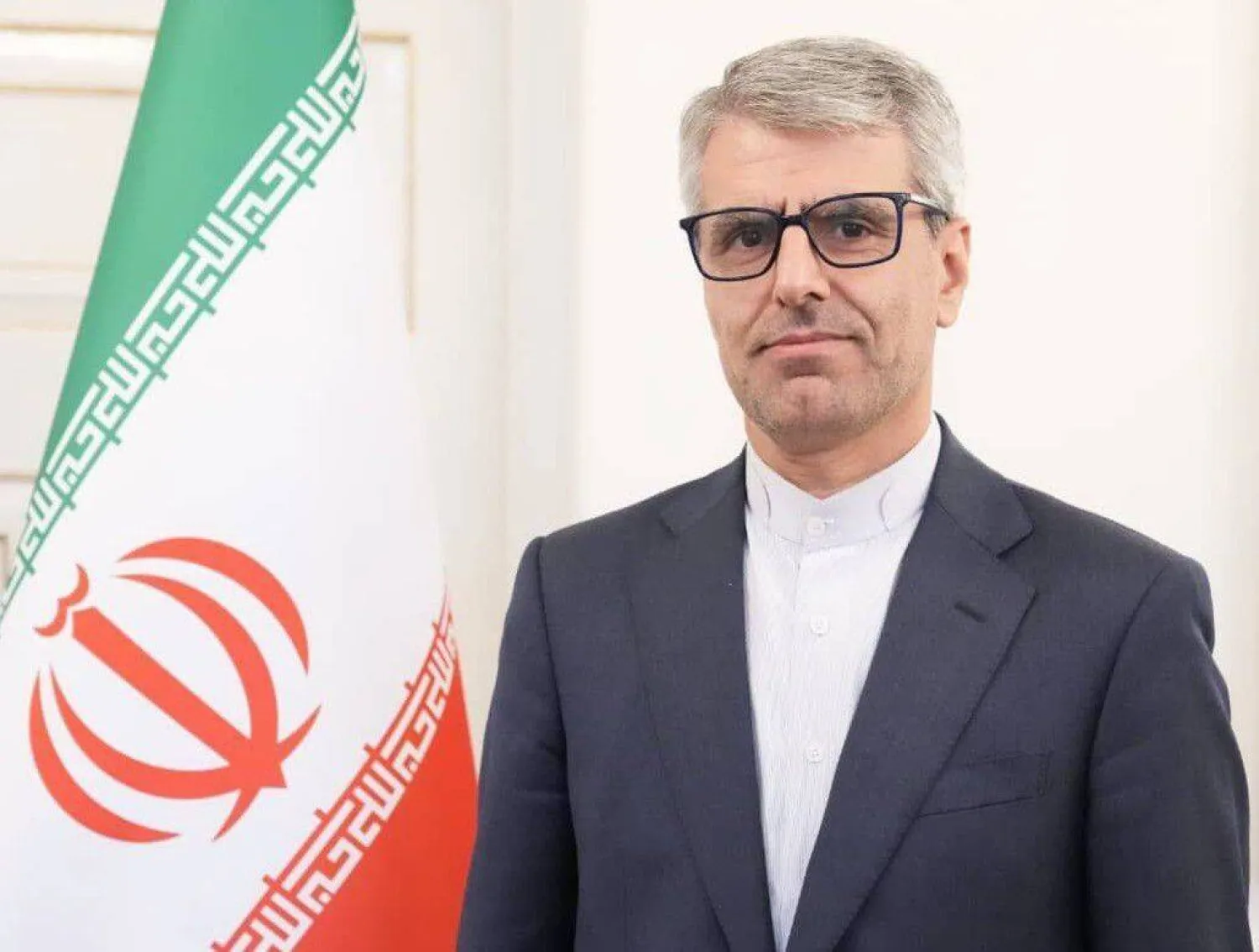New EU and British sanctions are based on false claims of missile transfers to Russia and are "unjustified", Iran Foreign Ministry spokesperson Esmaeil Baghaei said on Tuesday.
Brussels on Monday added Iran Shipping Lines (IRISL) and its director to its list of sanctions on Iran, which it said were a consequence of Tehran's support of Russia in its war with Ukraine, Reuters reported.
On the same day, Britain imposed sanctions against Iran's national airline and shipping carrier, measures it said were taken in response to Iran's transfer of ballistic missiles to Russia.
"Iran considers the imposition of new sanctions by the European Union and the United Kingdom against a number of Iranian individuals and legal entities on the false claim of sending ballistic missiles to Russia as an unjustified act that contradicts the norms of international law," Baghaei said, according to the foreign ministry's Telegram channel.
He added that European parties were violating international law, including the freedom of navigation and maritime trade, via sanctions.
Iran Rejects European and British Sanctions on its Shipping Lines as 'Unjustified'

Iran Foreign Ministry spokesperson Esmaeil Baghaei (Archive - Mehr News Agency).

Iran Rejects European and British Sanctions on its Shipping Lines as 'Unjustified'

Iran Foreign Ministry spokesperson Esmaeil Baghaei (Archive - Mehr News Agency).
لم تشترك بعد
انشئ حساباً خاصاً بك لتحصل على أخبار مخصصة لك ولتتمتع بخاصية حفظ المقالات وتتلقى نشراتنا البريدية المتنوعة







